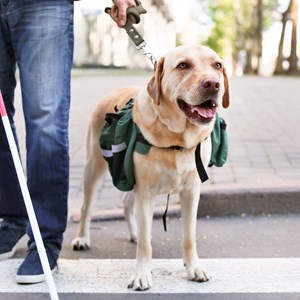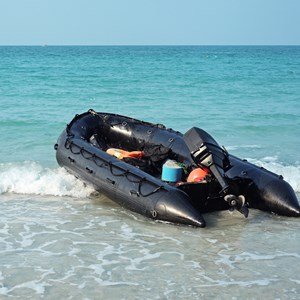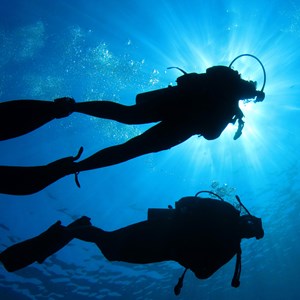NEWS

Railway travel has long been celebrated for its efficiency and environmental benefits. Yet passenger experience, particularly ride comfort, remains a crucial aspect for improving rail systems. The European Standard EN 12299:2024, recently developed by CEN/TC 256, provides a groundbreaking methodology for evaluating and enhancing ride comfort in rail vehicles. This updated standard replaces the 2009 version, introducing advanced methods to ensure passenger comfort is measurable, repeatable, and aligned with modern rail technologies.

Last month, a critical update in the world of small craft safety was introduced with the release of EN ISO 15085:2024, focusing on preventing man-overboard accidents and providing solutions for reboarding. Developed by ISO/TC 188 ‘Small Craft’ mirrored at the European level by CEN/TC 464, this standard sets out detailed requirements to enhance the safety of small craft, providing a safer environment for users and reducing risks of falling in the water.

The need for clear, consistent terminology around assistance dogs has become more critical than ever, especially as individuals with disabilities rely on these essential companions for independence and support in a variety of settings.

A new standard was recently published about the minimum safety characteristics for powered inflatable boats and rigid inflatable boats. The goal is to have increased safety for the different design categories of recreational crafts.

The EN ISO 18113 series outlines key requirements that manufacturers must provide for information accompanying in vitro diagnostic (IVD) medical devices, including the product label and instructions for use. It encompasses various aspects of IVD medical devices, with specific parts in the standard series dedicated to reagents and instruments intended to meet the specific needs of both professional and self-testing users.

Data is the backbone of the digital economy: it enables economic growth and competitiveness, fosters innovation, improves public services, and advances scientific research.

Many of the experts in Working Group 1 of TC 228 have been working on diving standards since the turn of the millennium. At first, work was carried out at the European level, in WG3 of CEN TC 329 ‘Tourism Services’. Immediately after ISO TC 228 ‘Tourism and related services’ was founded in 2007, work continued at the ISO level, and ‘Diving Services’ became the first Working Group (WG1) of ISO TC 228. Practically, all the standards produced by TC 228 WG1 have also become European standards (EN ISO), in accordance with the procedures laid out in the Vienna Agreement.

On International Women’s Day, CEN and CENELEC are happy to join the celebrations and highlight their efforts to achieve full gender equality and support women everywhere.

Lipids are a class of natural organic substances characterized by a very low water solubility, a high organic solvent solubility and a high carbon and hydrogen content. They can be used, for example, to produce biofuels. In Europe, there is growing interest in algae and algae-based products or intermediates as they are a valuable source of many nutrients, such as proteins, carbohydrates, lipids, and pigments. They can be used in a variety of sectors, including food, textiles, cosmetics, or biofuel.

CEN, the European Committee for Standardization, welcomes the publication of EN 1384:2023 'Helmets for equestrian activities’ as a harmonized standard (hEN), after its citation in the official Journal of the European Union (OJEU) on 11 December.